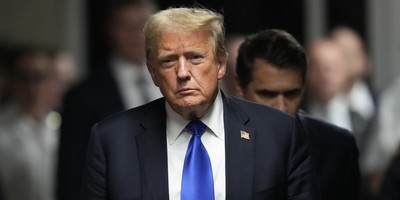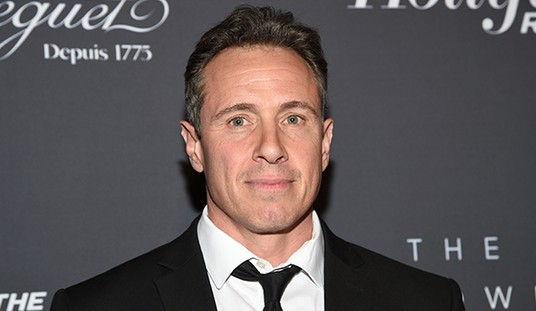With Republicans taking the majority (but far short of control at 60) in the Senate and increasing their majority in the House, the regulation of our financial markets may see renewed attention, with particular focus on reforming Dodd-Frank. My former employer Senator Richard Shelby takes the Chair on the Senate Banking Committee, while Congressman Jeb Hensarling retains his leadership role on House Financial Services.
In my nearly twenty years following financial services, we have not had two chairmen more skeptical of government oversight of our financial markets. While neither could be called “libertarian,” both are suspicious of big government as well as big finance. Both agree that “Too Big To Fail” is a real issue and one created by the actions of government, not the market.
Sen. Shelby, for instance, has repeatedly said “no one is too big to fail” - what he means here is that no company should be getting a bailout. It was for that reason he led the charge in the Senate against the TARP, and also for that reason he voted against the Chrysler Bailout in 1979. Shelby also led the efforts to reform Fannie Mae and Freddie Mac, warning years before their failure of the various flaws inherent in a mortgage model of privatized gains and socialized losses. Shelby also tried to bring more competition to the credit rating agencies, passing legislation in 2006 to reduce barriers to entry in that market.
The above, however, should not be read to overstate the case. Both Rep. Hensarling (who apparently had a subscription to the Cato Journal in college) and Sen. Shelby would like to see the federal safety net behind our financial markets reduced, allowing a greater role for market discipline. Perhaps even more rare in D.C., they both believe their chairmanships come not just with privilege but great responsibility. If it were simply up to these two to agree, I have confidence that our system of financial regulation would be greatly improved, reducing bailouts and increasing stability.
But it isn’t up to these two. There are numerous protectors of the status quo in both major political parties. Both would also have to reach agreement with the Obama Administration, which seems quite comfortable with bailouts and regulatory discretion. Ultimately, the many obstacles our Founding Fathers wisely put in place for legislation will prove too high for Shelby and Hensarling to implement all but modest reform.
But at least financial regulation is unlikely to get any worse.

























Join the conversation as a VIP Member